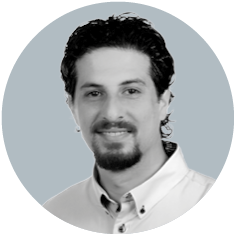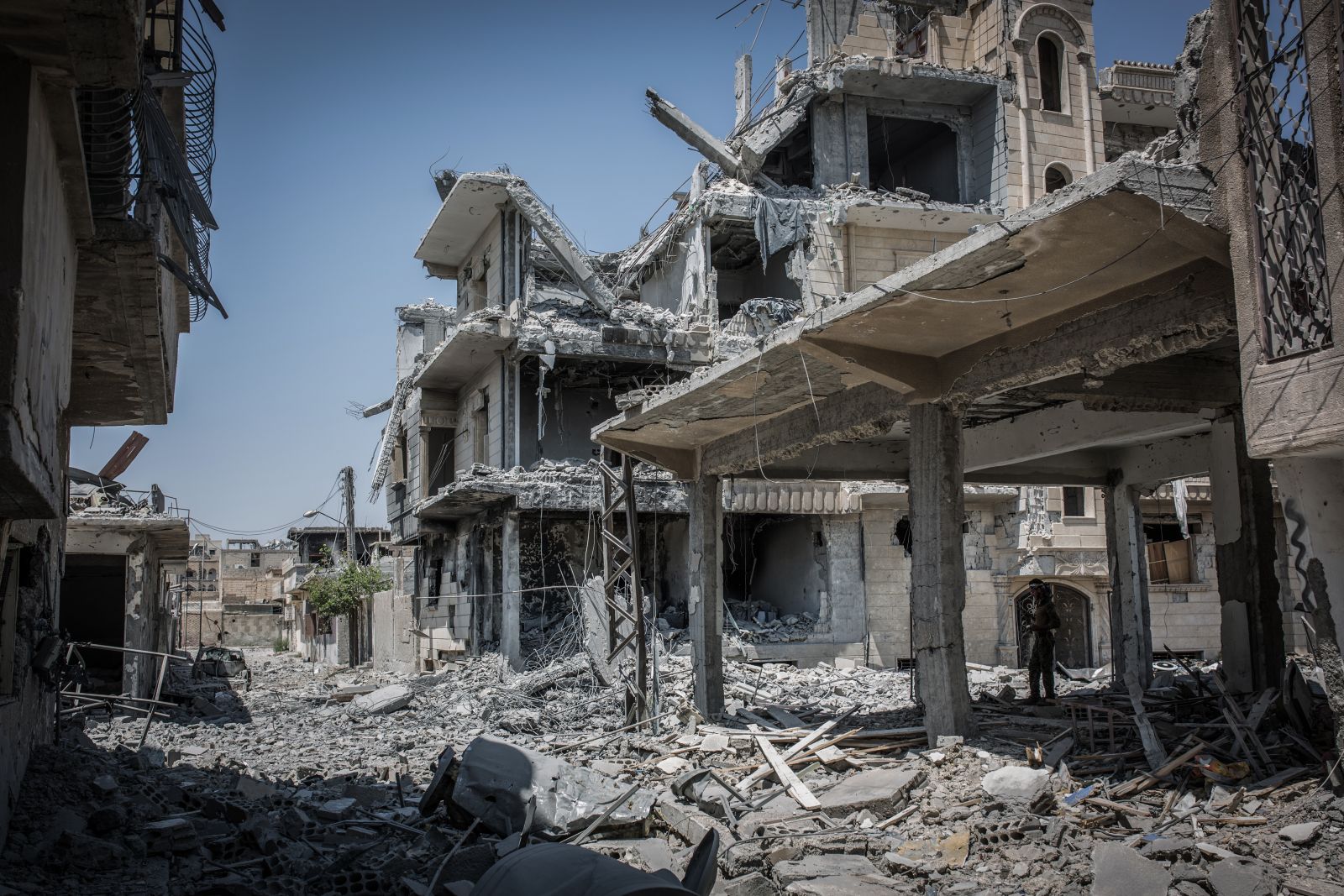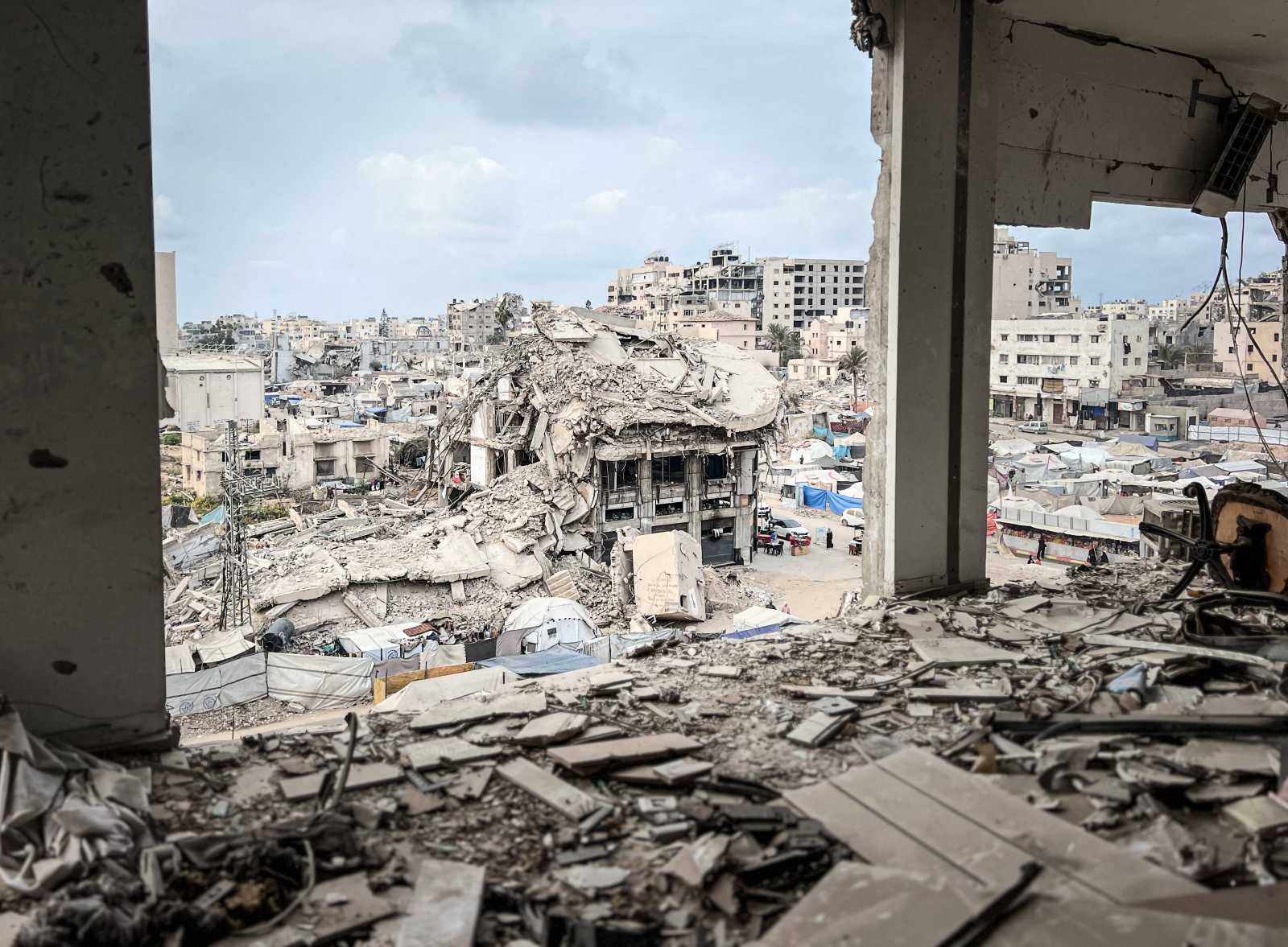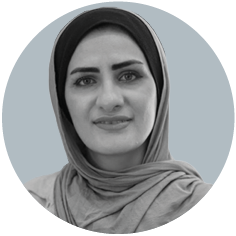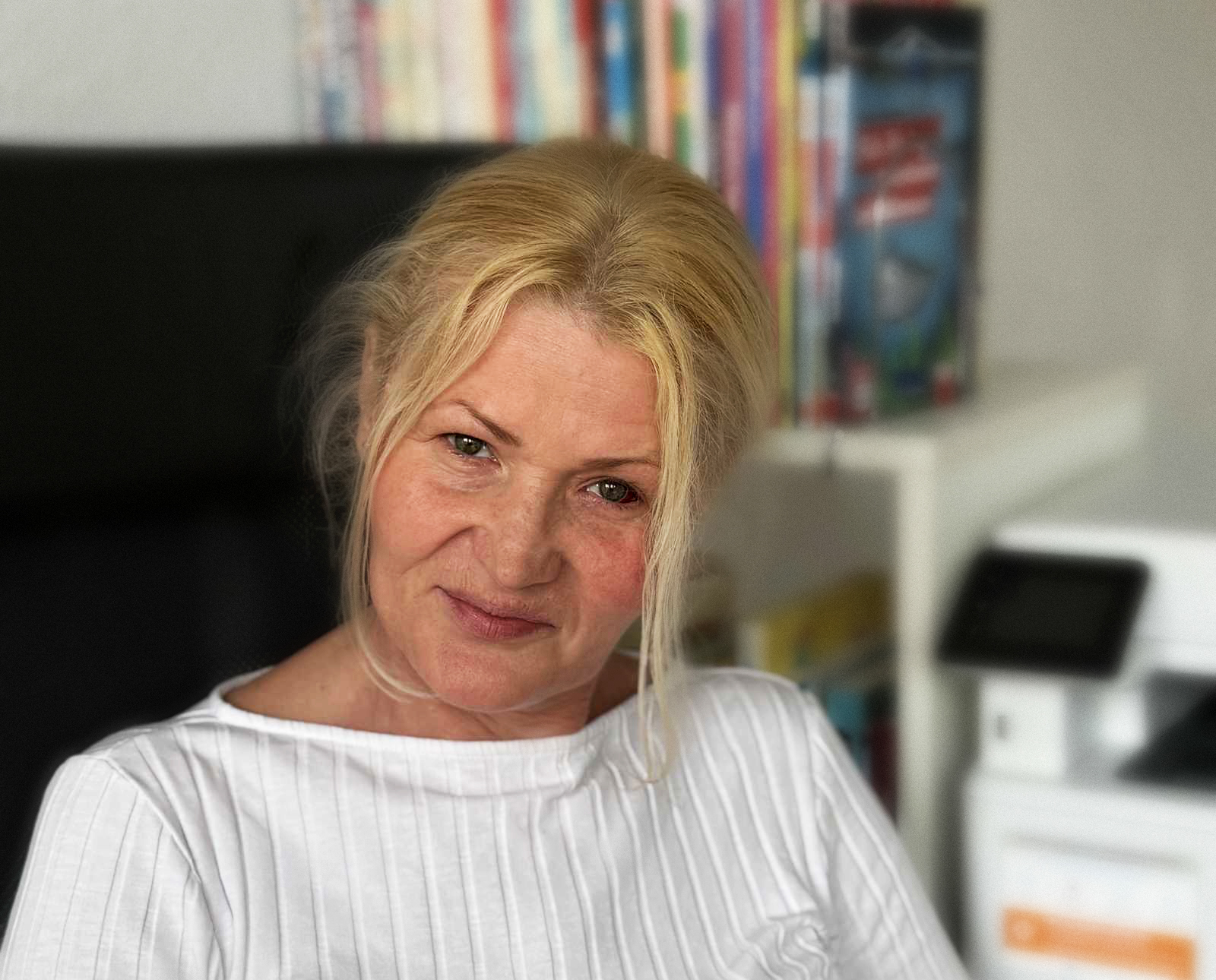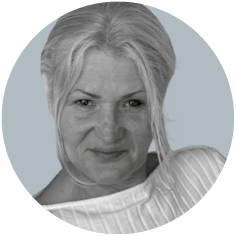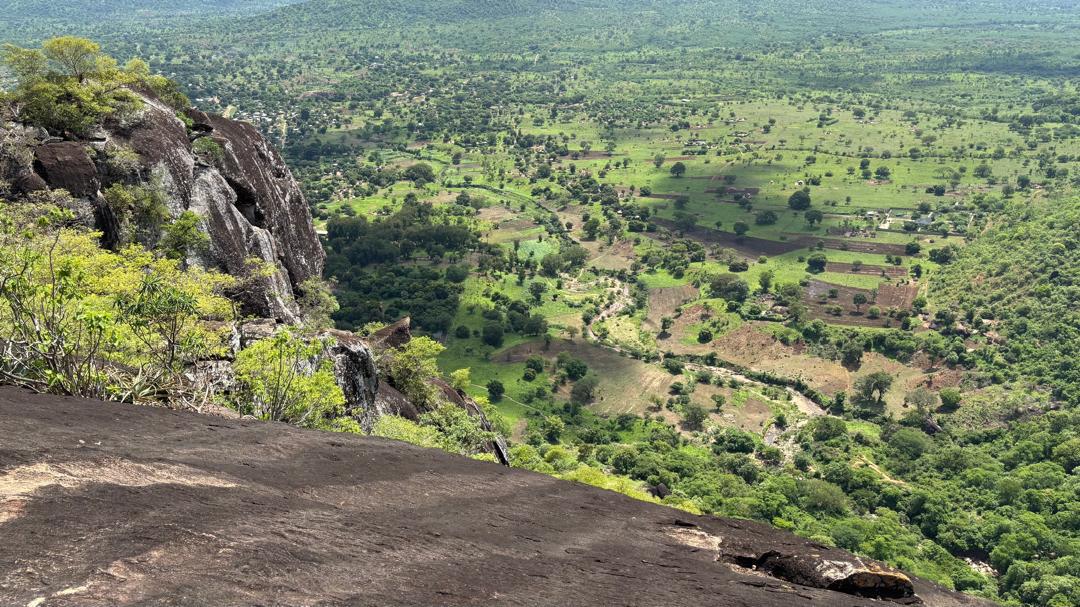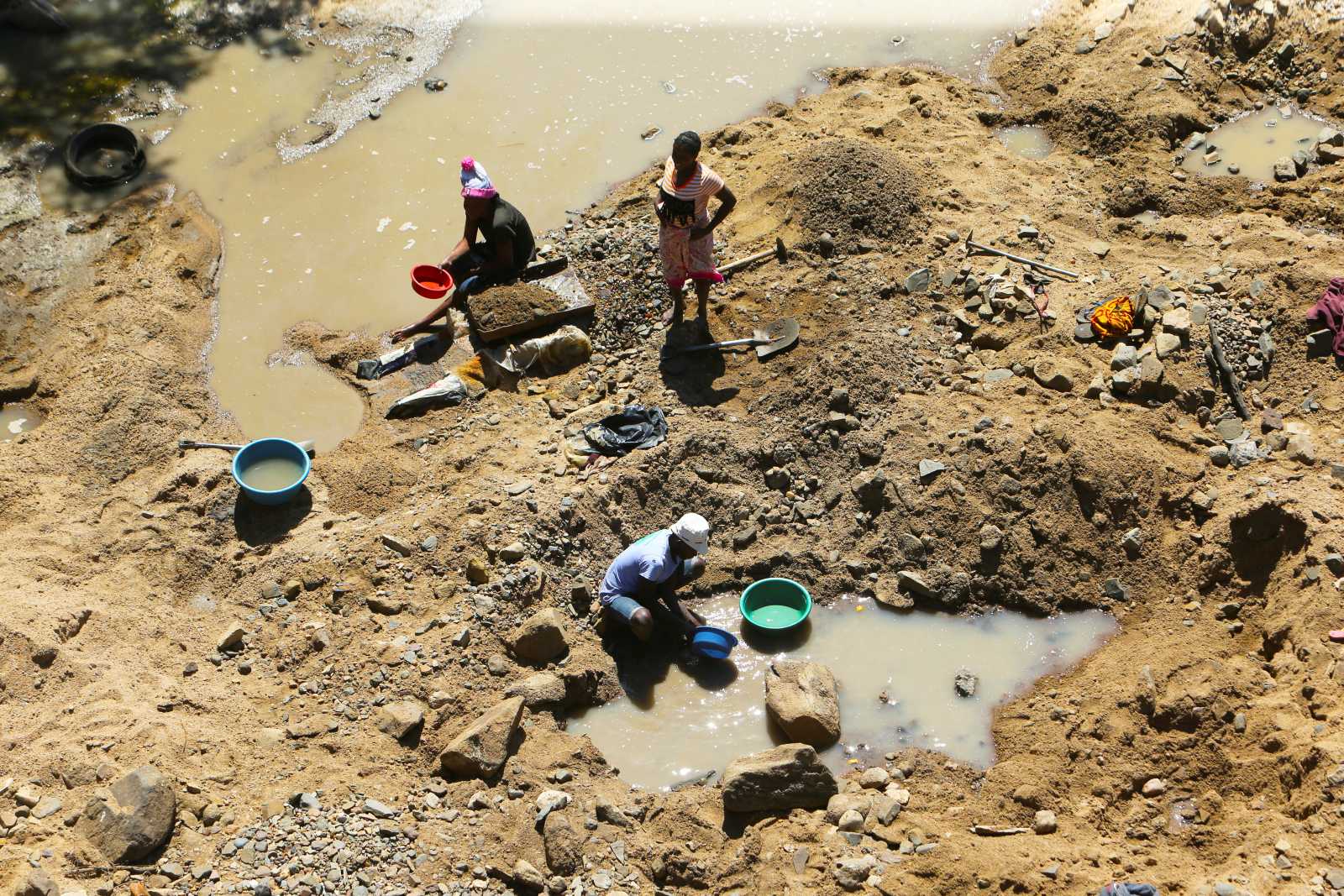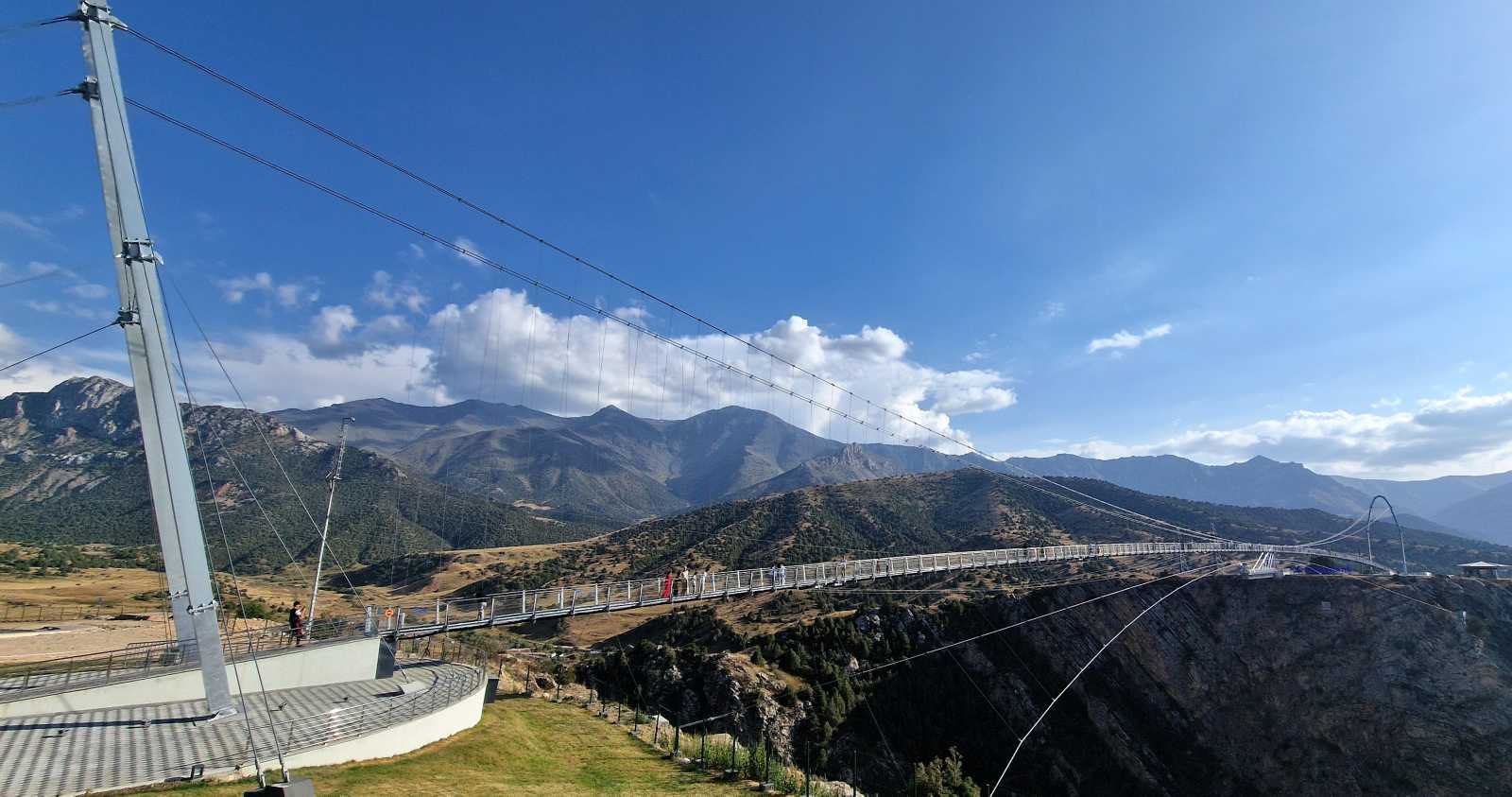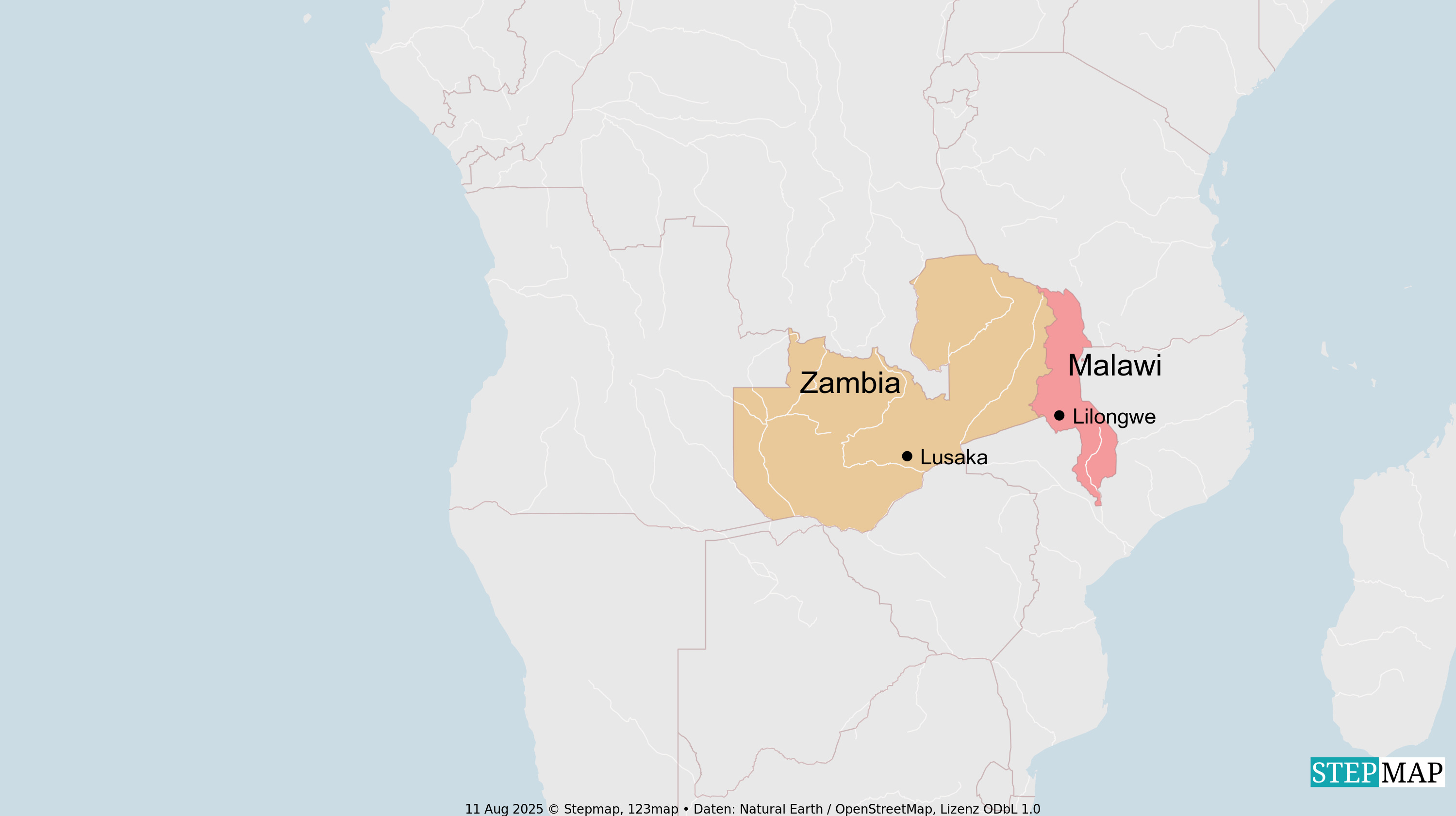Migration to Germany
“I met Germans who didn’t see me just as a refugee”
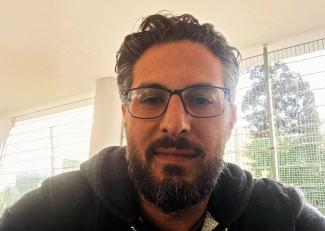
This article is part of a series featuring migrant voices from different parts of the world to Germany, including a civil engineer from Kenya, a nurse from Myanmar and a woman from Ukraine.
I’m from Damascus, a city whose warm stones have exuded the sweet fragrance of jasmine for centuries and whose balconies have countless stories to tell. To me, Damascus was never just a city – it was proof that people of different religious faiths and ethnicities could live in harmony. Churches and mosques stand side by side in its neighbourhoods, with Muslims, Christians, Kurds and Arabs all living under one and the same sky. I believed that life in Damascus would change but never break down. But then, in 2010, the rot set in.
The regime, which ruled us with an iron fist, sowed distrust between neighbours and sought to deepen the rifts between religions and ethnic groups in a bid to secure its hold on power. It wanted to make an evil out of diversity. But we resisted. We clung on to the idea that Syria belonged to all of its children, regardless of their origins or faith.
Hopes and protests quashed by force
When the Syrian revolution began, I had the sense that history was finally opening a window, that the air was becoming purer and held the promise of freedom. I saw hope shining in people’s eyes. The demonstrations were the story of a generation that was raising its head after decades of oppression. I was one of them – my voice against injustice, my hands on the banner of change. However, the clamour of our voices soon merged with the heavy thud of gunfire. The city’s squares were transformed into fields of death, friends disappeared into prisons, entire neighbourhoods burnt down, and the sky turned grey as ash.
Because of my articles and my participation in the protests, I spent around a year in prison in all. This period wasn’t merely a physical experience; it was a wound in my soul – invisible but bleeding constantly. I realised that staying in Syria would be tantamount to a slow death for me, so I took the hardest decision of all: to leave.
I often thought about giving up
I set off from Damascus in 2015 – carrying just a small bag but weighed down by my many memories. I left behind my childhood home, the alleyways of my neighbourhood, my mother. Some of my friends were already in exile, others were dead. I travelled by boat to Greece via Turkey, it was a very difficult journey. Our boat sank but the Greek coastguard rescued us. I then proceeded on foot, crossing what was then Macedonia (now North Macedonia), Serbia, Hungary and Austria, until I finally reached Germany, still burdened by the noise of war and the silence of the graveyards, with a mixture of fear and longing in my heart.
It was tough at first. The German language felt like an insuperable obstacle, while the laws and bureaucracy were like a labyrinth from which there was no way out. The words were alien to me, the faces were alien to me, even the rhythm of the streets was alien to me. The loneliness weighed more heavily than my luggage, the sadness pursued me into my dreams. Depression tried to get its claws into me, and I often thought about giving up. I considered moving to Lebanon. But deep inside I knew I couldn’t have faced saying goodbye to everyone a second time.
I discovered an echo of Damascus in Germany
I took language classes and then started looking for work, which wasn’t easy because I was unable to work as a journalist again because of the language barrier. In the end, I applied for and got a job as a primary school assistant. At the same time, I completed all the necessary training. I still work in this profession to this day.
Over time I learnt to breathe here. The language became a bridge, work gave me self-worth and German citizenship, which I finally acquired in 2024, helped me feel I really belonged to my adopted homeland. However, what saved me during my journey wasn’t only the support of the German state but the humanity of the people I encountered along the way. I met Germans who didn’t see me as a refugee but as a person with a story worth listening to. They gave me their time, they listened to me, and they treated me with warmth, helping me regain my belief that goodness does still exist in this world.
And I also found something here in Germany that reminded me of the old Damascus: diversity of religion and ethnicity, people living in harmony and mutual respect. I saw churches and mosques side by side, people from different cultures sharing their daily lives, without fear, without walls. I rediscovered here what I had lost in Damascus.
Every civilised person has two homelands
I became what people often call “integrated” – I spoke the language, had a job and a secure life. In connection with significant archaeological discoveries in Syria, a much-cited phrase was coined: “Every civilised person has two homelands – their own and Syria.” For me, my second homeland is now Germany, while my first has never left me.
Yet for me this is not the goal, it’s just one stage of the journey. I would like to build a bridge between Damascus and Germany. I would like to take Germany’s experience of rebuilding itself after two world wars – in terms of architecture, culture and social cohesion – and inject it into Syria’s damaged earth. One of my most important ideas is to establish a cinema and cultural café in the German consulate in Damascus. German films about culture, life and experience would be shown there alongside Syrian films for German audiences to foster cultural exchange. I’m also planning a programme that would bring Syrian schoolchildren to Germany so that they could learn the language and be introduced to German society. However, these visions need official support. The German embassy in Damascus needs to fully reopen so that projects for cultural and social exchange can become a reality.
As far as returning to Syria is concerned, I’m thinking more about a partial return – spending for example four months in Damascus and four months in Germany. I cannot imagine returning for good because Germany means so much to me. I have friends here and people who have become an important part of my life.
Freedom isn’t a privilege, it’s a right bestowed at birth. Humanity isn’t a slogan, it’s a daily obligation. For as long as I have breath in my body, I will work to turn pain into strength, loss into motivation and foreignness into a bridge between nations and hearts.
Mohamad Melli is a journalist from Syria. He lives in Rüsselsheim and works as a primary school assistant.
euz.editor@dandc.eu
